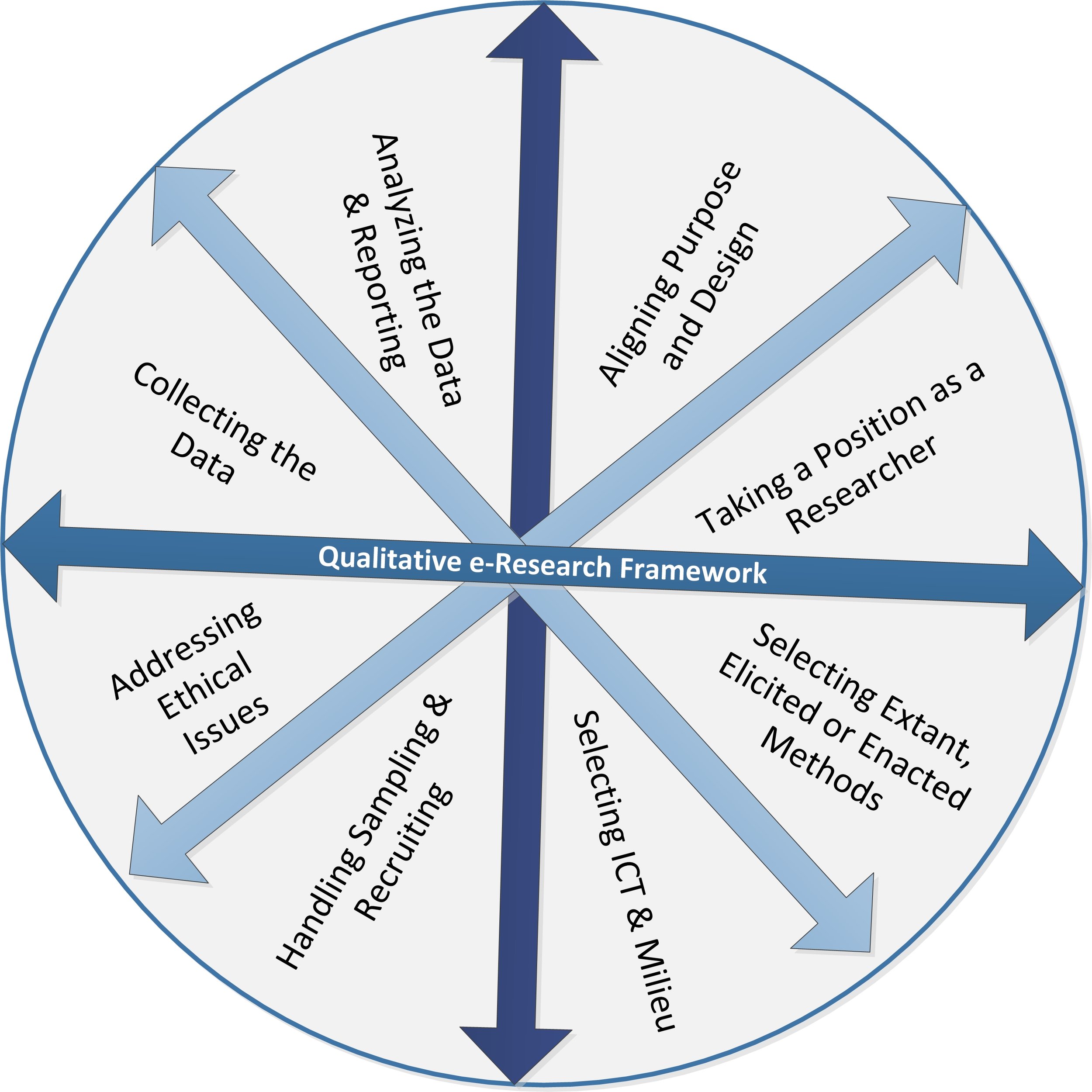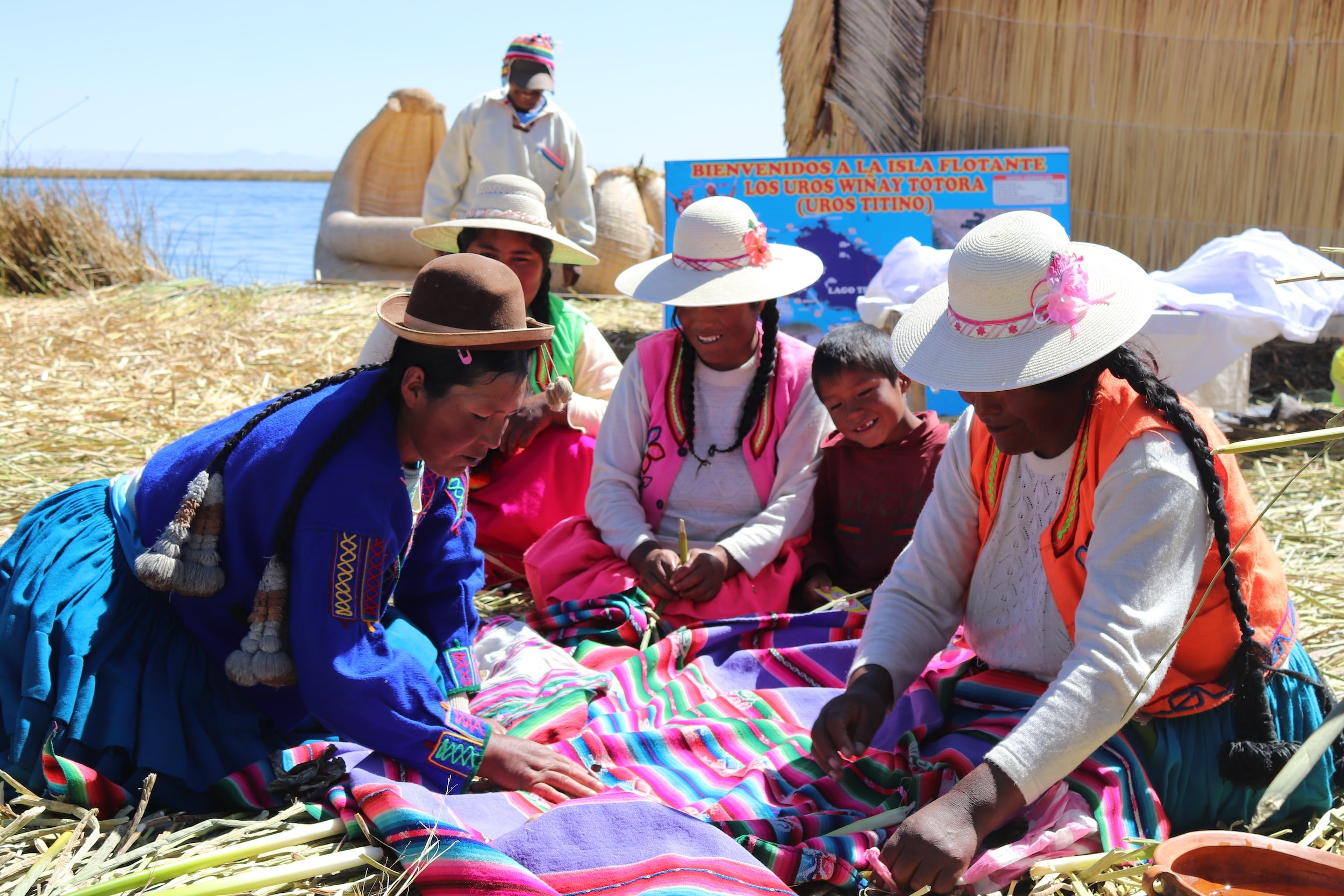Who is responsible for the conduct of ethical research?
By Cheryl Poth, Ph.D.
The focus for March 2021 was on Designing an Ethical Study, and Dr. Cheryl Poth served as Mentor in Residence. Dr Poth is the author of award-winning Sage books about qualitative and mixed methods research. Use the code COMMUNIT24 for a 25% discount when you order books from Sage, good until December 31, 2024.
Taking responsibility for ethical research
Among the key questions that I often get asked in my courses and workshops and is germane to our focus on Designing an Ethical Study this month and involves: Who is responsible for the conduct of ethical research? What do the specific roles and responsibilities involve?
The researcher is primarily responsible for the conduct of ethical research but it is important to recognize that they are not alone! Researchers need to seek guidance when needed and it is helpful to consider ahead of time what is available.
If you are a student or trainee working with a supervisor who would likely be guiding and even approving your research plans — this can be a great place to start talking about ethical issues in need of attention. You could also seek out other experienced researchers to conduct a peer review of your research plans.
If you are undertaking research as part of an institution such as a research center or university then you likely need to submit your research plan for approval by an institutional review board — this process can sometimes reveal ethical issues that you had not yet considered. When preparing your research plan, you could also seek out other researchers to conduct a peer review of your application before you submit.
If your research takes place within a community or organization such as within an indigenous community or hospital setting you might also need to submit your research plan for approval by a community or organizational-based review board — this can be especially helpful for guiding work with specific or vulnerable populations. In recent years, several useful web-based (and usually free) tools have been launched to help community-based researchers to conduct ethical research. Example of local initiatives in Canada include: A pRoject Ethics Community Consensus Intiative (ARECCI; https://albertainnovates.ca/programs/arecci/) and Research Improvements Through Harmonization In Manitoba (RITHIM; https://www.rithim.ca/) to inspire you to see what might be available locally to you or to initiate similar efforts!
It is also really important to consider that ethical issues can arise at any time and meet standards for ethical research. Researchers should engage in thinking about research ethics as a cycle that involves a plan to mitigate ethical issues, action to implement ethical practices, and response to arising ethical issues. The standards for ethical research are guided by three principles. The wording of these principles may be different where you live but their meaning remains the same. The practical application of these principles was the focus of the webinar “Research Ethics in Practice” recently hosted by Natalia Reinoso Chavez and myself. Below I highlight for each principle some key ethical issues in need of attention and a link to our webinar discussion.
1) Respect for persons has to do with the treatment of persons and their data involved in the research process. Among the key ethical issues in need of attention involve ensuring free and informed consent without interference or coercions of those involved in research. Our discussion centered on how the current pandemic required adapting to new ways of recruiting and informing potential participants and our efforts to check their understanding and document their consent in ways that were appropriate.
2) Concern for welfare is about the protection of participants by minimizing harm and maximizing benefits of the research. Among the key ethical issues that need attention involve protecting privacy and confidentiality of those involved in research. Our discussion recounted the need for researchers to take all measures for data security and how our research plan decisions affect the extent to which data can be collected anonymously. We also talked about our efforts to provide our participants access to the research findings in ways that are appropriate.
3) Concern for justice refers to the need to treat people fairly and equitably and concerns all who participate in the research. Among the key ethical issues that need attention involve reducing sources of bias in researchers, participants, and designs. Our discussion related some of the sampling challenges we have experienced and how we have applied lessons learned to our current projects.



























The wealth of material available online is irresistible to social researchers who are trying to understand contemporary experiences, perspectives, and events. The ethical collection and -use of such material is anything but straightforward. Find open-access articles that explore different approaches.